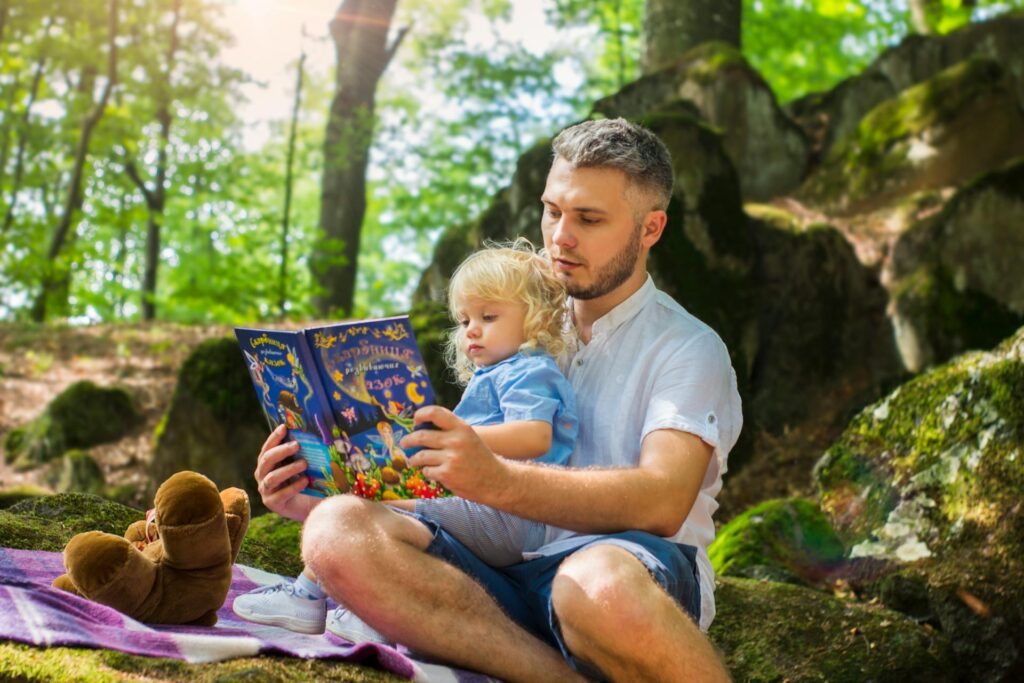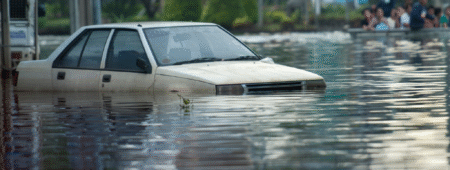How to talk to your child about the changing climate?
Little explorers of the world love to ask their parents questions. Why is the sky blue, why is water wet or what is that smog when dragons appear in fairy tales? It is important to try to answer questions that are difficult for us and to reinforce our curious ones' desire to learn about the world.
Little explorers of the world love to ask their parents questions. Why is the sky blue, why is water wet or what is that smog when dragons appear in fairy tales? It is important to try to answer questions that are difficult for us and to reinforce our curious ones' desire to learn about the world.
It is from their parents that children learn about nature and it is from them that they learn respect for nature. Therefore, it is good to set an example yourself in this area. Your children see everything, so if you yourself separate the rubbish or turn off the water when brushing your teeth, your children will probably do the same.

Also, talk a lot - about everything. Why is it so warm today, why is it raining and is it possible for it to snow in the desert? Talking to your child:
- use metaphors - A great example is the Earth as our home; in our home we don't litter, so when you are in the forest you can't leave litter there, you just have to throw it in the appropriate container;
- emphasise the positive - here you can refer to cycling trips; by getting on a bike instead of in a car, you make the air no more polluted;
- speak the language of the child: simple and understandable language is essential - remember that when you use a difficult language, your children feel as if you are in a foreign country whose language you do not know. Therefore, the simpler, the better;
- take care of the child's emotions - if your child says he is worried and afraid of smog, calmly explain to him what smog is and do not belittle his emotions;
- you can help by drawing - A sheet of paper and crayons can save many a stalemate; draw together what a meadow in the forest should look like and then discuss it.
Interestingly, there are many books on environmental issues that can be used. Examples include Rafał Witek's book "Why the wind blows" or Dorota Łoskot-Cichocka's book "Smog in the city centre". The possibilities are almost endless!



